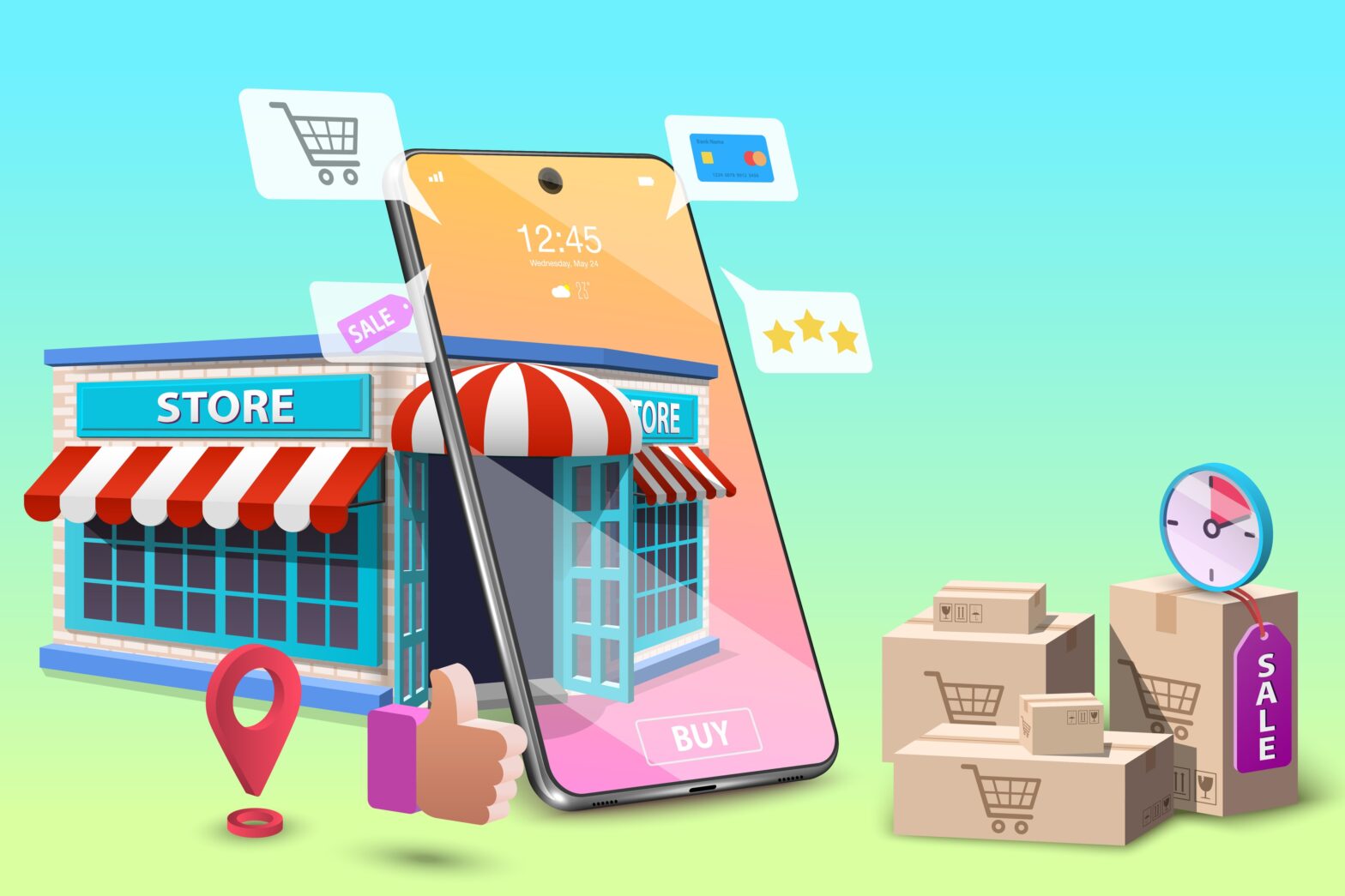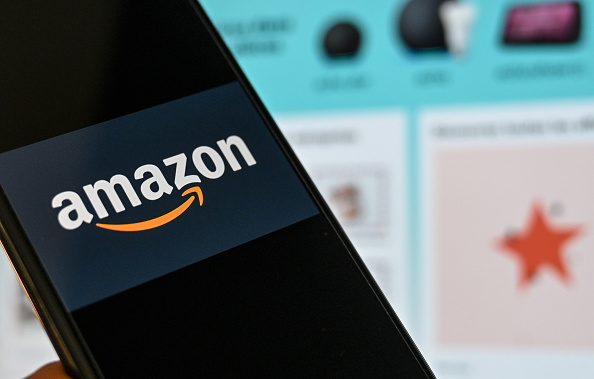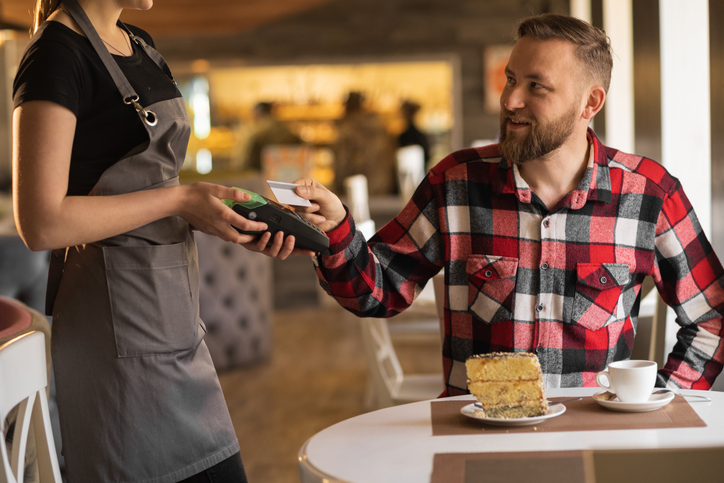If you’re finding it tough running a business, you’re not alone. But what can you do to help manage your stress? In this first video, we look at one of the biggest opportunities for small businesses – making sales both on and offline.
The pandemic has transformed the way consumers shop, as noted in PayPal’s Business of Change report, and micro and small businesses have been forced to adapt their sales strategy in order to thrive.
Watch this exclusive panel chat to learn practical insights and steps to grow your sales, including:
- Why it is important to have an omnichannel (on and offline) presence today
- Tips on how to differentiate your service based on the senses. For instance, adding smells to your bricks and mortar store for an instant uplift in sales
- How you can ensure a seamless experience for customers across all sales touchpoints (website, mobile, social media and in-person) – and make shopping easier for the customer
- How to build a brand across all channels and increase customer conversions
How to improve your sales – key takeaways
Small Business editor Tim Adler hosted a really interesting panel discussion with the head of SME for PayPal UK, Ben Ramsden, shopper behaviour analyst Philip Adcock of Adcock Solutions and Sandy Ruddock, founder of condiment company Scarlett & Mustard.
The importance of omnichannel
Omnichannel means selling your products through all the different channels (eg. your shop, your website, social media platforms) and as Philip stressed, it’s important for small businesses to tailor the experience for customers according to the channel.
“In store, you can use smells. We’ve pumped the aroma of chocolate into stores and got sales of chocolate up by 40%. Even the sounds in the background have an impact, when we played German music in the background of a store, sales of German wine went up by 72%.”
Having an omnichannel strategy also means ensuring you have a clear presence across multiple channels. As Ben commented:
“Customers might see your product on social media, then go to your website and order it, then go to pick it up in store. At its simplest, it’s identifying where your customers search and purchase, and as you get more sophisticated, it’s tying those channels together.”
It’s also crucial to remember it’s all for the customer, not you. For instance, 90% of humans are right-handed so there are huge gains to be made by tailoring product placement, even online, to the right. Philip did a project where an online advert online switched the images of a bottle and wine glass (so the glass was now to the right and customers could imagine it being poured as they would) and it resulted in a 30% uplift in sales.
The change in consumer shopping habits
Habits are ingrained behaviours. As Philip noted: “We’ve all had retail for our entire lives, so we’ve learnt how to shop, it’s automatic for us. Covid broke our habits, and it has forced people to shop in ways they didn’t before.”
For businesses this means you need to try and ensure you’re making it mentally as easy as possible for your customers. A simple example could be to make sure that if you’re selling a local product that your website doesn’t ask customers to choose their country from a hard-to-navigate and irrelevant dropdown of all the countries in the world.
Ben concurred that the PayPal data shows these new habits persisting. Small businesses were able to reach and identify new audiences. For instance, rural businesses expanding online to explore wider markets.
For Scarlett & Mustard, the pandemic meant a huge pivot. Pre-covid, 50% of trade came from shows and events which “fell off a cliff during lockdown”, said Sandy, and their website was representative of just 1% of sales so it wasn’t invested in. In 2020, as online sales soared, they decided to rebuild their website and online sales is now “the fastest growing channel”.
Making the purchase process easier
The simple takeaway from this session, Phillip stresses, is that “if you can make purchasing easier, with less friction, you should”.
One of PayPal’s key aims is to help remove the number of steps a consumer must go through when purchasing and throughout the payment process. Ben advises “test going through the process yourself, what can you pre-populate?”.
Scarlett & Mustard gave lots of consideration to the check-out process when redoing its website – and changes had a huge impact. Sandy noted that prior to the launch the business wasn’t integrated with PayPal but now 75% of customers use it as a payment method, highlighting the importance of offering customers a range of ways to pay in the simplest way possible.
Other big wins were adding a ‘quick add’ button and using market research to find out what’s really important to your customer to prioritise what you invest in.
Adding personalisation to the online experience
There are an increasing number of tools available now to make your website – and the shopping experience – more personal. As Ben notes, you can use software that allows shoppers to create an account so you can offer tailored promotions, pre-populated data and abandoned basket prompts.
For PayPal, it’s essential that its software plugs in to these different tools so everything is seamless.
For Scarlett & Mustard, everything comes back to the product. One tactic the brand uses is to add in a sample product when consumers spend over a certain amount, as well as recipe cards and personalised packing slips and an email strategy with tailored rewards.
Be generous with your product, is one of the best pieces of advice Sandy received and it’s a tactic that has worked really well. A free sample is particularly powerful, notes Philip, as it triggers the law of reciprocity. When we get something free, we feel obliged to be loyal and give something back.
Increasing customer trust online
Customer reviews are so important, and even customer complaints can be used to your benefit. At Scarlett & Mustard, Sandy has found that if there has been an issue and you deal with it quickly and generously you can turn someone into a champion of your brand.
The future is here today
According to Ben, “The future is here today. If you look at some of the things larger brands do already in terms of unifying their channels, we’ll see more small businesses doing this effectively and an acceleration of the number of businesses doing it well.”
Getting the basics right will be an essential – having both a brand and a digital payment system that works across channels, will be crucial.
Final advice on sales
The session ended with some final advice from the panellists:
- Reevaluate your whole customer journey and challenge yourself on what you can do to make it easier
- Keep it simple, do the easy things initially and do them well
- Put your customer first, and walk a mile in their shoes
For advice on facing your financial wellness head on and building resilience into your business, head to Build Business Resilience – Tips &Tools at PayPal UK
More PayPal Check-In Festival
The PayPal Check-In Festival is a series of practical webinars aimed at supporting small business owners.
Each session shares stories, expertise and knowledge from peers and industry experts around a particular pain point for business owners
How to control your small business cashflow – Our experts cover everything from common cash flow problems to your different financing options
Help maximise your international trade opportunities – It’s never been easier to sell your products overseas using platforms such as Amazon, Shopify or PayPal. But the rules and regulations get increasingly complicated. Don’t worry, help is at hand





